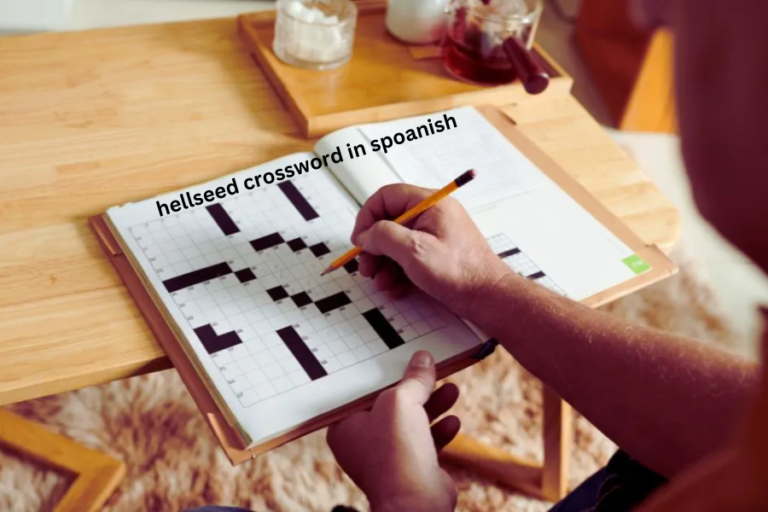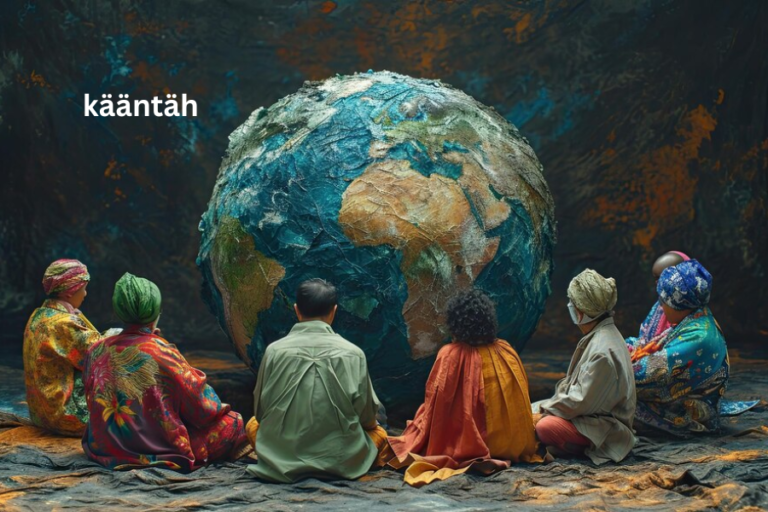Celebrating Hoppitagen Day: A Global Tradition of Joy and Unity
Communities thrive on shared experiences that unite people. Hoppitagen Day is one such event that brings people together in a vibrant celebration of joy and togetherness. With laughter, delicious grilled food, and fun-filled activities, it acts as a catalyst for connection. This blog explores the origins, traditions, and global significance of Hoppitagen Day, showing how this offbeat celebration has become a favorite in many cultures around the world.
The Origins of Hoppitagen Day
Hoppitagen Day has deep roots in ancient traditions that marked the changing of the seasons, particularly the transition from winter to spring. In the past, this day was celebrated as a tribute to the rebirth of nature. It was a time to come together, shake off the long winter months, and celebrate the promise of the new season. In small rural communities, people would gather to trade crops, share harvests, and engage in various forms of celebration. Over time, these gatherings evolved into more formalized festivals, developing their own customs and rituals that have been passed down through generations.
Cultural Significance of Hoppitagen Day
Hoppitagen Day is more than just a local celebration; it’s a day that transcends borders and brings people from different cultures together. Participating in this event means not only celebrating with your own community but also connecting with a larger global network of people who honor similar traditions. While each community adds its unique touch, the spirit of the day is universal—joy, unity, and the celebration of life.
Traditions and Customs of Hoppitagen Day
Fun-Filled Activities
The activities that take place during Hoppitagen Day are central to the celebration’s success. Some of the most popular traditions include:
- Potluck Dinners: A beloved tradition where community members share homemade dishes with each other. It symbolizes unity, as everyone contributes to the meal, making the event feel communal and connected.
- Storytelling Events: These gatherings allow people to share both personal and cultural stories, keeping traditions alive and passing them down to future generations.
Food and Drink
No celebration is complete without good food, and Hoppitagen Day certainly delivers. From local specialties to traditional drinks, the event is an opportunity to indulge in culinary delights. Guests often raise a toast in personalized drinking cups, celebrating not just the food but the friendships and good fortune of the occasion.
Hoppitagen Day Around the World
Unique Global Celebrations
While the core of Hoppitagen Day remains the same, the way it is celebrated varies widely across the globe:
- In Japan, families often enjoy a peaceful picnic under the blooming cherry blossoms, embracing nature and the joy of the season.
- In Spain, the streets come alive with music, dance performances, and vibrant street festivals, highlighting the country’s rich cultural heritage and love for celebration.
These diverse traditions reflect the global appeal of Hoppitagen Day and how different cultures find their own special ways to embrace joy and togetherness.
The Role of Community in Hoppitagen Day
At its heart, Hoppitagen Day is all about community. Local organizations play a crucial role in organizing and planning the events, bringing everyone together and ensuring that no one feels excluded. Volunteers often work side by side to make the celebration happen, creating a strong sense of connection and cooperation. Whether it’s neighbors helping each other prepare meals or children performing in local plays, Hoppitagen Day is a true expression of community spirit.
Modern Celebrations: Embracing Technology and Inclusivity
As technology evolves, so does Hoppitagen Day. Many communities now livestream events, allowing people who can’t attend in person to still participate in the fun. Social media platforms have also played a significant role in spreading the joy of Hoppitagen Day, making it easier to reach a global audience in an instant.
Inclusivity is also a key focus of modern Hoppitagen Day celebrations. Organizing workshops and cultural exchange activities helps bring people from different backgrounds together, promoting mutual understanding and appreciation of diverse traditions. By welcoming everyone, Hoppitagen Day has become a truly global event that reflects the diversity of our world.
Looking Ahead: The Future of Hoppitagen Day
As the world continues to change, so too will the way we celebrate Hoppitagen Day. With the rise of new technologies and shifting cultural landscapes, future festivals are likely to feature a blend of old and new traditions. It’s important to preserve the essence of what makes Hoppitagen Day special, while also embracing new ideas that reflect the evolving demographic makeup of different communities. Encouraging younger generations to take part in planning and executing the celebrations will help ensure that the spirit of Hoppitagen Day lives on for years to come.
In conclusion, Hoppitagen Day is more than just a celebration—it’s a living tradition that unites people across the world in joy, community, and cultural exchange. Whether you’re enjoying a local potluck, watching a street festival, or sharing stories with friends, Hoppitagen Day reminds us all of the power of coming together to celebrate the changing seasons and the connections that bind us all.
Facts:
- Origins: Hoppitagen Day has ancient roots, tracing back to celebrations marking the transition from winter to spring. It was originally a time for rural communities to come together and celebrate the rebirth of nature.
- Global Celebration: While originating in rural communities, Hoppitagen Day has evolved into a global celebration, with different cultures adapting the event to reflect their unique traditions and customs.
- Key Traditions: Potluck dinners, where everyone contributes a dish, and storytelling events that pass down cultural traditions, are central to the celebration. These activities promote unity and a sense of community.
- Global Variations: In Japan, Hoppitagen Day is celebrated with peaceful picnics under blooming cherry blossoms. In Spain, vibrant street festivals with music, dance, and food take center stage.
- Technology’s Role: Modern-day celebrations of Hoppitagen Day embrace technology by streaming events and using social media to share joy and inclusivity across the globe.
- Inclusivity Focus: The festival is known for being inclusive, with workshops and cultural exchange activities that bring people from diverse backgrounds together.
- Volunteerism: Local community organizations and volunteers play an essential role in making Hoppitagen Day a success, ensuring that the spirit of cooperation and connection is felt by everyone.
Summary:
Hoppitagen Day is a global celebration that unites people through the shared joy of welcoming spring. With origins rooted in ancient traditions marking the seasonal change, it has evolved into a vibrant event celebrated across the world. Communities come together for potluck dinners, storytelling, and fun-filled activities, emphasizing unity and cultural exchange. Whether it’s a picnic in Japan or a street festival in Spain, Hoppitagen Day offers a chance for people to connect, share traditions, and celebrate life. The festival has embraced modern technology to include more people through livestreaming and social media, fostering a truly global community. As the world evolves, Hoppitagen Day continues to adapt while preserving its core values of joy, inclusivity, and community.
FAQs:
1. What is the origin of Hoppitagen Day?
Hoppitagen Day originated in ancient traditions that marked the transition from winter to spring, celebrating the rebirth of nature and the arrival of the new season. It was initially a rural community gathering for crop trade and communal feasts.
2. How is Hoppitagen Day celebrated?
Celebrations typically include potluck dinners, where community members share food, and storytelling events to preserve cultural traditions. Activities vary by region, with some places featuring street festivals, music, and dance.
3. Is Hoppitagen Day celebrated worldwide?
Yes, Hoppitagen Day has become a global celebration, with different countries adding their unique traditions. For example, in Japan, families enjoy picnics under cherry blossoms, while in Spain, lively street festivals are the highlight.
4. How has technology impacted Hoppitagen Day celebrations?
Technology has allowed Hoppitagen Day to reach a global audience through livestreamed events and social media, making the celebration more inclusive and accessible to people who cannot attend in person.
5. Why is inclusivity important for Hoppitagen Day?
Inclusivity ensures that everyone, regardless of background, can participate in the celebration. By organizing cultural exchange activities and workshops, Hoppitagen Day fosters understanding and appreciation among diverse communities.
6. Can Hoppitagen Day be celebrated in modern times?
Absolutely! While Hoppitagen Day has deep historical roots, it continues to be celebrated in modern times, embracing new technologies and ideas while preserving its core traditions of unity and joy.
7. What are the key traditions of Hoppitagen Day?
Key traditions include communal potluck dinners, storytelling events, and shared meals. The event also features cultural activities such as parades, picnics, music, and dance, depending on the region.
8. How can I participate in Hoppitagen Day?
You can participate by joining local celebrations, attending potluck dinners, volunteering with community organizations, or sharing your own cultural traditions with others during storytelling events.
“Stay informed and up-to-date with the latest news, trends, and insights at objectiverelease.com.”






